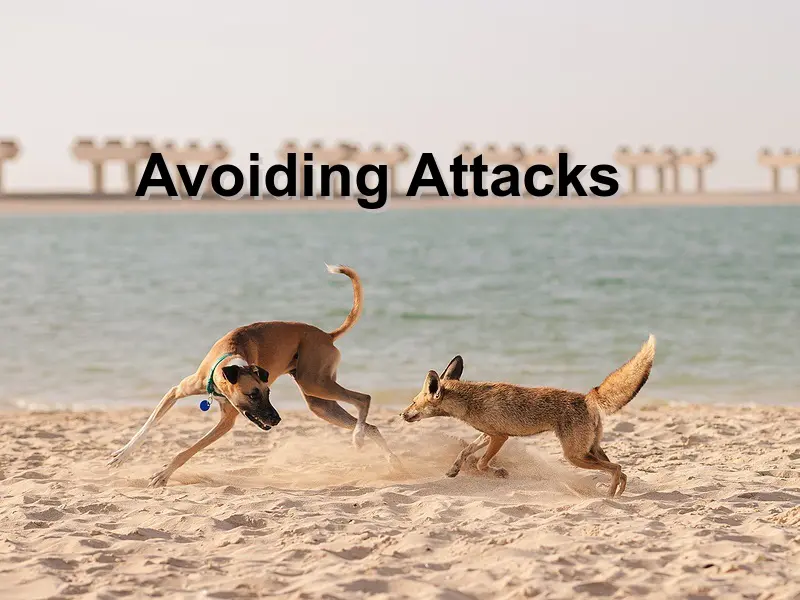Dogs Safety 101: Keep Your Canine Safe From Animal Attacks!
As you spend quality time outdoors enjoying all that nature has to offer alongside your furry friend, you should be cautious of wildlife animals that pose imminent threat to your dog. We have been stunned by news headlines announcing bobcat attacks or alligator sightings in residential neighborhoods, or even cayote attacks.
These alarming news stories put into perspective the importance of proper dog safety as far as wildlife encounters are concerned. Pet owners are supposed to be always alert of their imminent surroundings and practice dog safety when their dogs are outside in nature.
Know what type of wildlife you might encounter
Regardless of your location, it is important to always observe caution and familiarize yourself with steps to take should you encounter wildlife animals. Keep in mind that wild animals always strive to avoid any conflict and that’s the sole reason they are often secretive and distant. That means the behaviors you adopt will make a big different in mitigating possible human-wildlife conflict.
Bobcat Attacks
Wildcats or bobcats are usually popular in Canada and some parts of the US. Recently, there have been high cases of bobcat attacks in Arizona and Massachusetts. Larger than domesticated cats, bobcats are nocturnal with spotted coat and pointed ears.
That said, if your furry friend were to encounter a wildcat, keeping the dog leashed tightly is your best option. Dogs have a playful chase instinct and they will run after anything strange that’s moving. Make loud noises and hold your dog tightly with a leash, and the bobcat with run away.
Coyote Attacks
Did you know that cayotes are common in all US states? Well, there have been reported cayote attacks in Virginia, Illinois, and Michigan. Tough like wolves and with a distinctive and slender build, cayotes can do well in suburban areas.
They can live by scavenging through human trash looking for food. And in densely populated neighborhood, cayotes can eat small animals like puppies or kittens that wander outside unattended. If your dog encounters a cayote, never allow it to chase the cayote.
When it get’s too close, you should make loud noises while waving your arms repeatedly to scare off the cayote. Calmly continue walking and don’t be tempted to run.
Conclusion
If your furry friend is injured by a wildlife animal, you should visit the vet if you aren’t able to treat the wound at home.
References: Petmd, KH Pet, Back Packer




